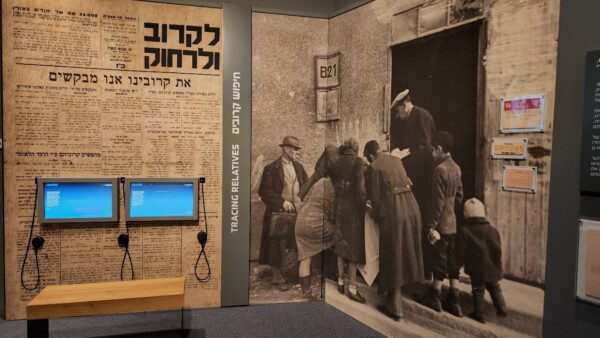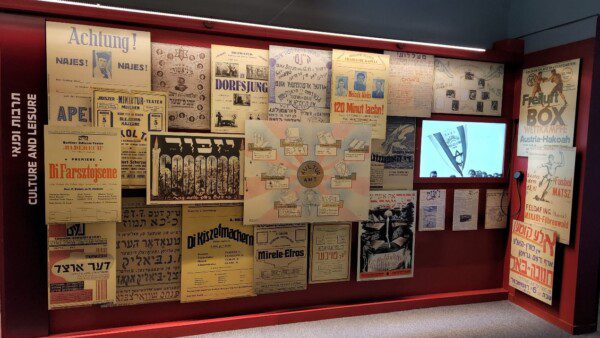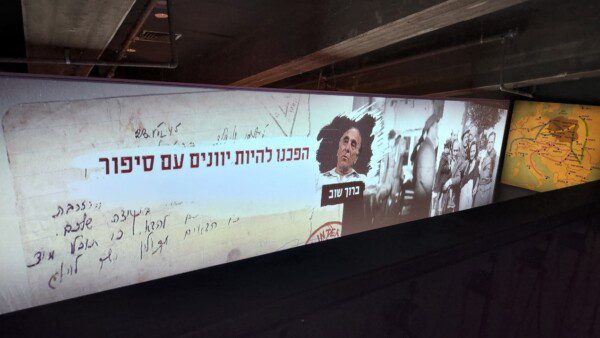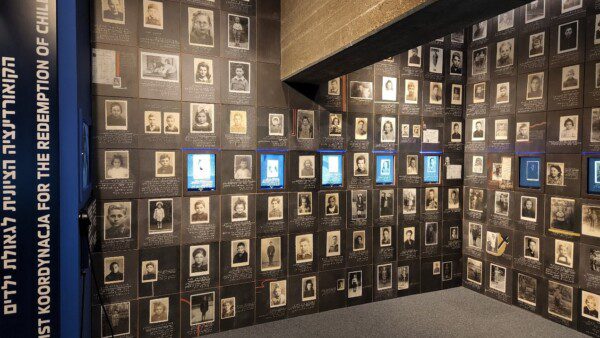


“Year Zero”, 1944-1946
“I felt as I just was born, and the world does not exist yet, and I have to get on feet and build, as everything begins again.” Rita Weiss
The “Year Zero” exhibition Examining the first “long year” of the liberation, that began in early 1944, when the Red Army liberated the eastern reaches of Europe, and ended in late 1946. The exhibition focuses on the survivors’ mental fortitude, with which they were able to start their lives over, and sheds light on the essential role of the young members of the Zionist youth movements, who overnight became leaders and led the masses of survivors to a new beginning.
The exhibition is divided into three sections that begin chronologically and then become interwoven. The first part, “Self-Organization,” focuses on the initiative that the members of the Zionist youth movements, former partisans, and ghetto resistance fighters took the day after the liberation: organizing the Bricha movement while tracing and rehabilitating orphaned children. The second part, “The Displaced Persons Camps,” centers on the survivors’ need for both familial and social belonging and the impulse to rebuilding personal and collective self-identity. The concluding part, “The Road to the Future,” represents the wish to build a home and a homeland as far as possible from Europe, which had destroyed their world. Emphasized here is the vital role of Zionism in the daily reality of the DP camps, where nearly all survivors took part in the struggle for the right to immigrate to Eretz Israel, although some chose to emigrate to North America, Australia, or other destinations.
The exhibition, told in first person by the survivors themselves, is harvested from the collection of testimonies in the Massuah archives. It begins with their immediate experience of liberation and ends with the survivors’ subsequent insights as older adults.
The exhibition was prepared with the generous support of the Conference on Jewish Material Claims against Germany, Inc.; the Israel Ministry of Culture and Sports; the Grossman family of Toronto; and the Canadian Friends of Massuah.







